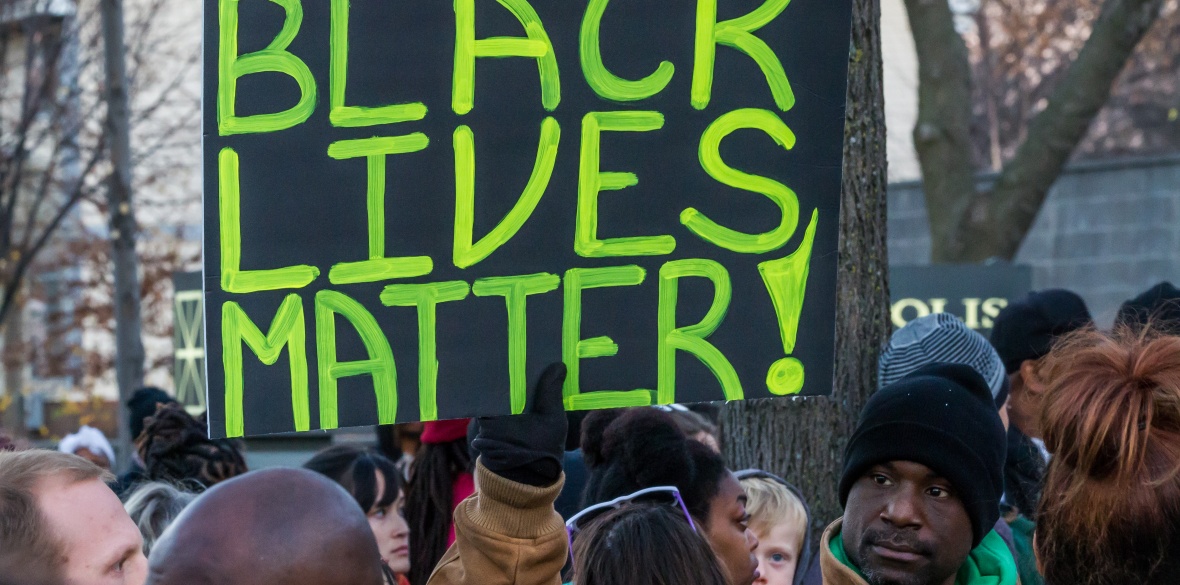CRESSIDA DICK is not the most wilfully obdurate of Metropolitan Police commissioners in living memory, and neither is she the most resistant to the manifestly obvious facts of life as it is lived on our streets.
But even she is so bound up in the institutional imperative to defend the organisation she serves that it leads her into semantic idiocies.
Just this month she had to apologise to sprinter Bianca Williams after the Team GB athlete was dragged from her car and handcuffed by police officers who found nothing with which they could charge her.
Under interrogation of a more respectful kind than that usually deployed by her officers, Dick told MPs that she did not find the term “institutional racism” a helpful label. She added: “I don’t think we’re collectively failing. I don’t think [racism] is a massive systemic problem, I don’t think it’s institutionalised, and more to the point I think we have come such a very, very, very long way.”
She must, therefore, be somewhat surprised to find that young black and minority-ethnic men are disproportionally fined for breaches of the Covid-19 regulations as compared to white men of the same age.
Her response to the Black Lives Matter movement is to set up an oversight group to reflect on the use of force by her officers.
Black Lives Matter is something of an innovation in that it owes its presence on our streets to the leadership given by self-organised activists — principally young black people — and that it has mobilised unprecedentedly large numbers of people of all kinds.
It was inspired by the killing of George Floyd in circumstances that are not unique to either the US or Britain.
The scale of oppression of black people by a militarised police force in the US is rather more extensive than here, but the parallels are blindingly obvious to anyone with the slightest connection with the lives of young black people.
The significance of this increasingly global movement is that oppression meets resistance. And that this resistance, in turn, generates a systematic examination of the basis of racism in societies as diverse as those of Britain and the US.
In the US there is a direct challenge to the operations of the police, reflected partly in simple demands for a change of policy and behaviour and increasingly for administrative measures to deprive police forces of resources and funding.
Some of this is not directly applicable to our situation. And as an institution, our police have invested much in a strategy of rhetorical accommodation to criticism without offering very much in the way of real change.
There is always potential for these recurring criticisms and demands for reform to be deflected into an endless scrutiny of motives, of assumptions, of sectional privileges and of guilt. The theory being that the problem lies within our inner selves.
Faced with the daily reality of oppressive force on the streets, young black people in Britain and in the US might think that the anti-racist movement should be less concerned about “white fragility” and more about changing the outer manifestations of an institutional racism that is far from fragile.
Change will come in the struggle to eliminate every manifestation of racism in our society. Already Black Lives Matter is changing minds. But we must now press home changes in the system of law enforcement, police, courts, prisons and probation.










